

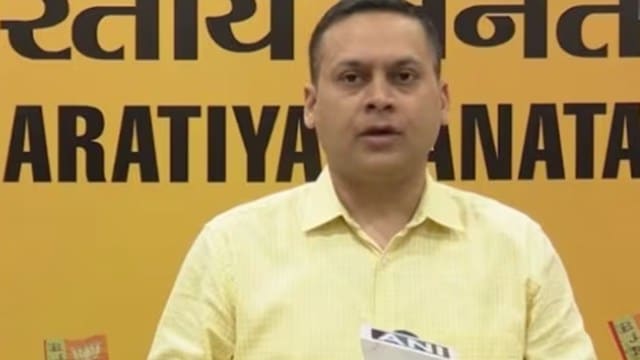
After K Ponmudi, a minister from the Tamil Nadu-based DMK party, made inflammatory remarks against Hinduism at a public event, BJP leader Amit Malviya criticized him for his divisive rhetoric. Referring to sacred Hindu symbols in a vulgar manner, Ponmudi's remarks were not only offensive but deliberately insulting to the core beliefs of two Hindu sects. Malviya also highlighted how this was not Ponmudi's first brush with controversy, as he has previously made derogatory comments about Hindi speakers in Tamil Nadu. He then went on to criticize opposition parties for their alleged tendency to engage in minority appeasement politics and disrespect the majority community.
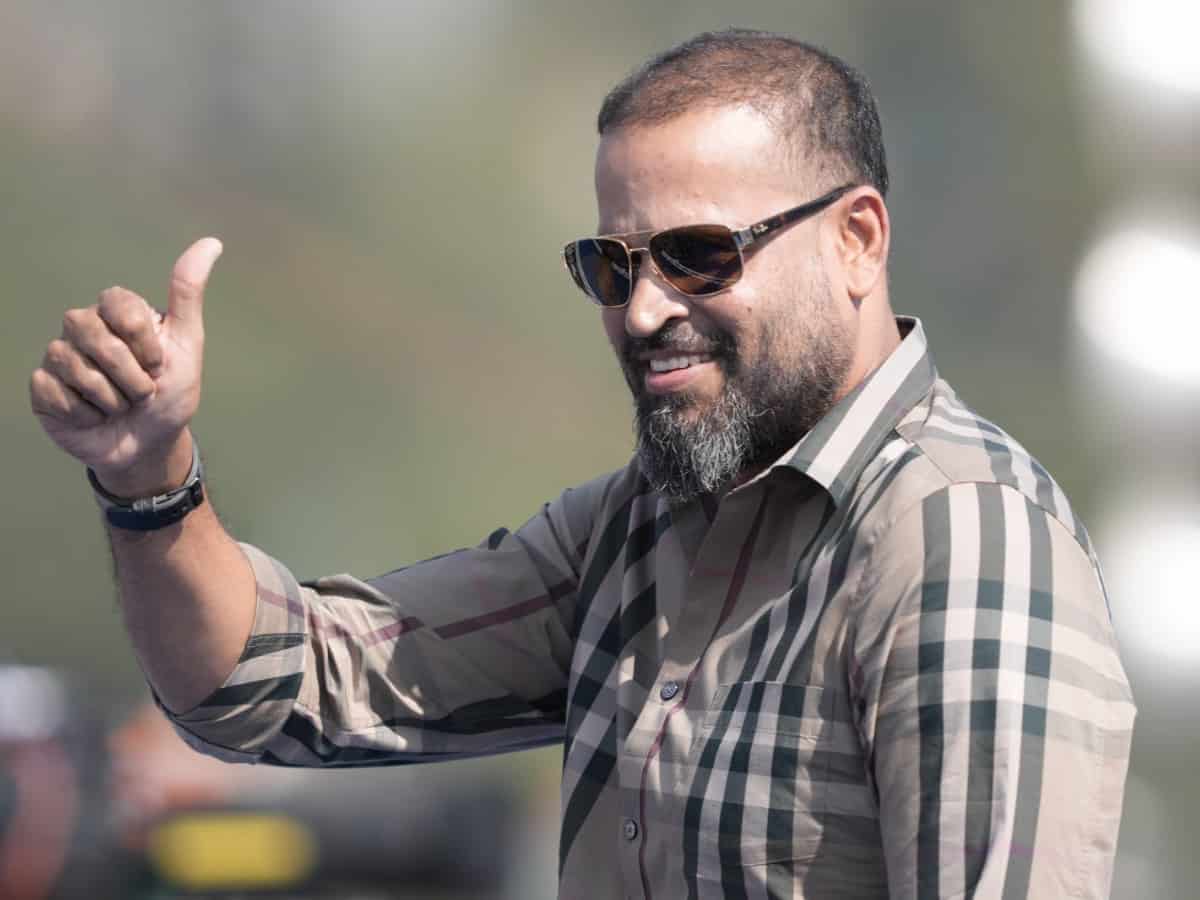
As violence erupted over the Waqf Amendment Act in Bengal's Murshidabad district, Trinamool Congress MP and former cricketer Yusuf Pathan faced criticism for his Instagram post in which he was seen enjoying a cup of tea. While social media users questioned his insensitivity, the BJP accused the Mamata Banerjee government of encouraging state-protected violence. Meanwhile, the Calcutta High Court has ordered deployment of central forces in the district, citing reports of vandalism.

After violent clashes in Murshidabad over the Waqf Amendment Act, the Calcutta High Court has ordered for the deployment of central forces in not just that district but also in other areas where such incidents occur. The court criticized the current state government led by Mamata Banerjee for their delayed response and deemed the situation "grave and volatile". Bengal continues to be tense as additional security measures are put in place and a report from the state government is expected on April 17.
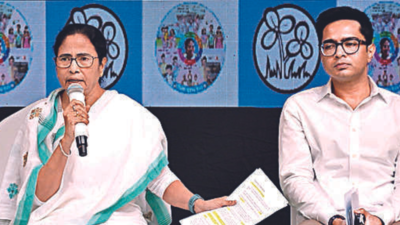
Amid escalating protests and violence in West Bengal, TMC leader Abhishek Banerjee appeals for peace and cautions against those trying to create unrest in the name of religion. He also criticizes the Supreme Court verdict on the SSC recruitment scam, alleging BJP's biased attitude towards the state. The passing of the Waqf Amendment Bill in parliament has further intensified the situation in the region.
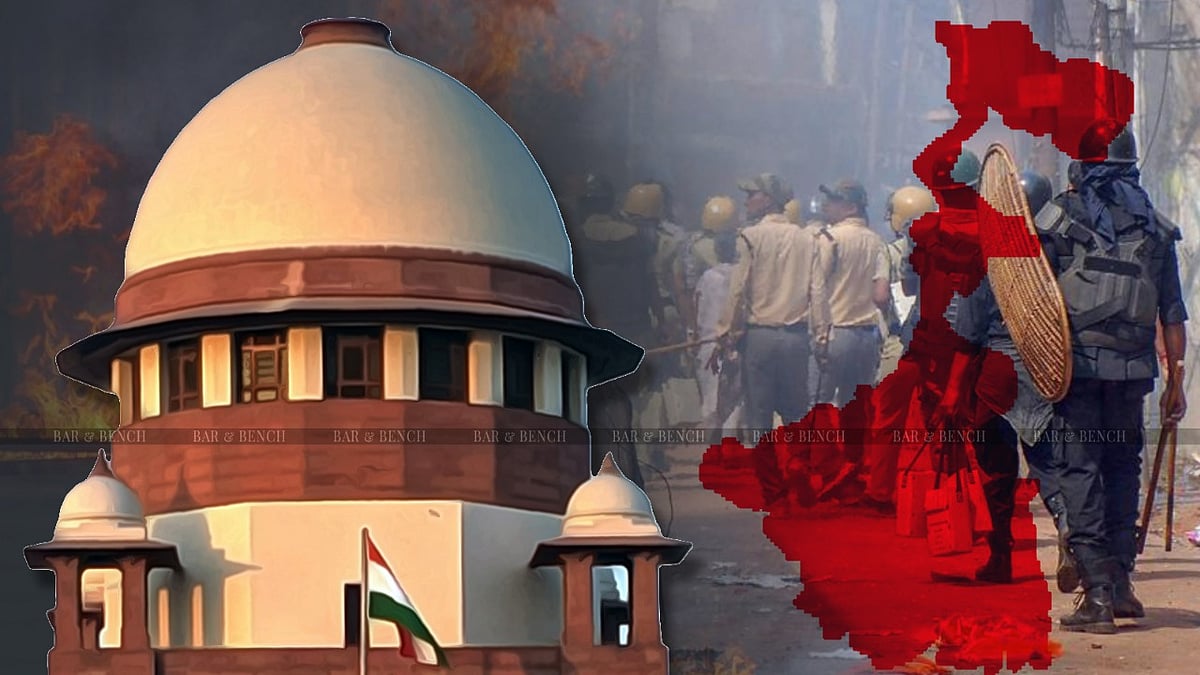
The Union Ministry of Home Affairs has stepped in to address the ongoing communal tensions in Murshidabad district, holding a video conference with state officials. In response to the recent protests over the Waqf (Amendment) Act, the Calcutta High Court has ordered the deployment of Central Armed Police Forces in the district. However, the court has reprimanded the state government for its inadequate response and lack of action in maintaining communal harmony.

The Rutherford County Library System in Tennessee has garnered national attention after their decision to remove books discussing transgender issues has been met with opposition from two free speech organizations. The library board's move was justified as a means to protect children, but has since been deemed a violation of both library policy and the First Amendment. The controversy has sparked a larger debate on censorship and free speech.
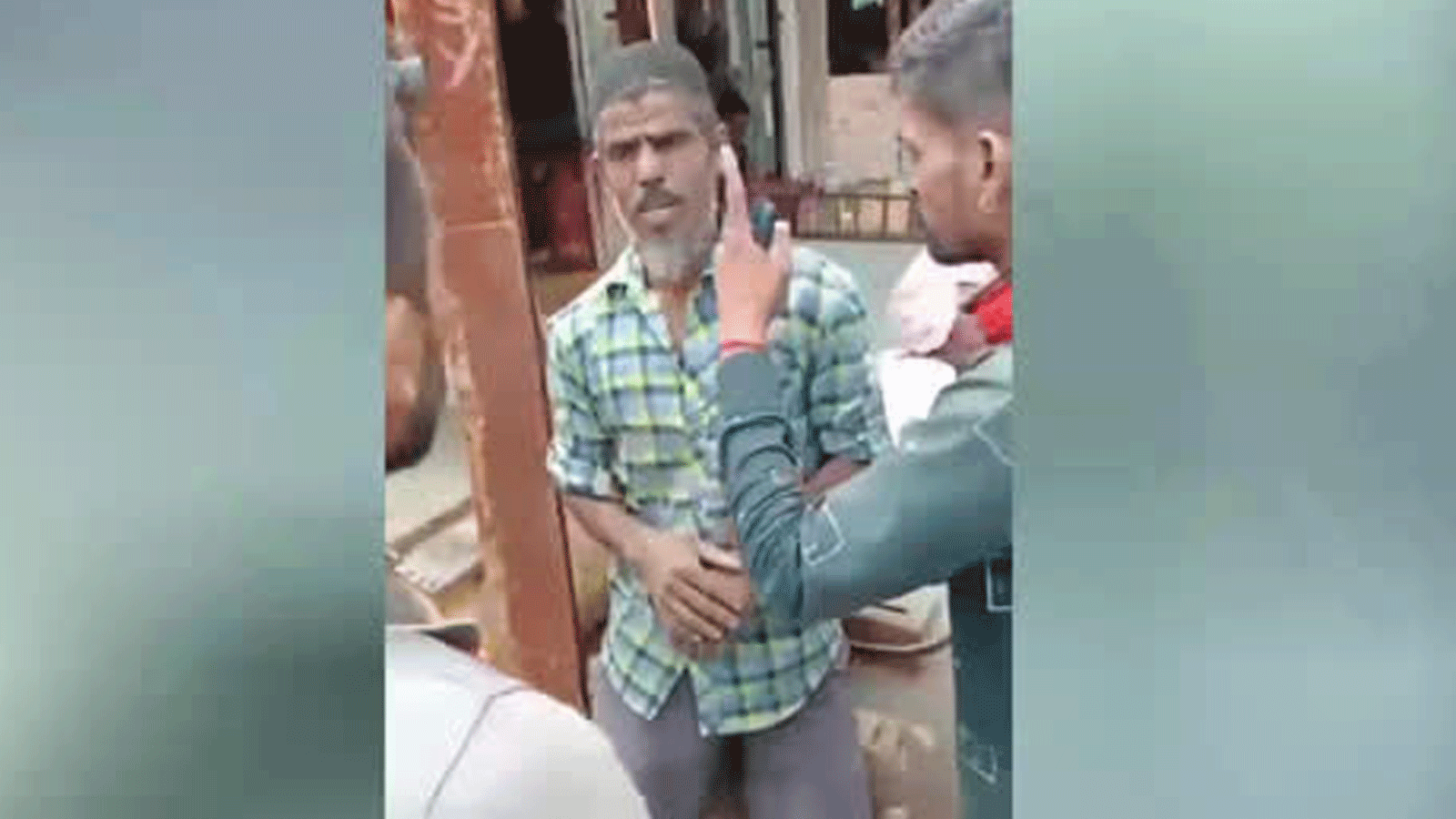
A video circulating on social media claims to show Muslims in Ujjain openly praying for the destruction of Hindus during Eid al-Fitr. However, the truth behind the video is not recent as claimed. On conducting a Google Lens search, it was found that the video is from April 2024 and shows people raising "Israel, you will be destroyed" slogans. The incident has caused outrage and a Hindu outfit has demanded action against those responsible.
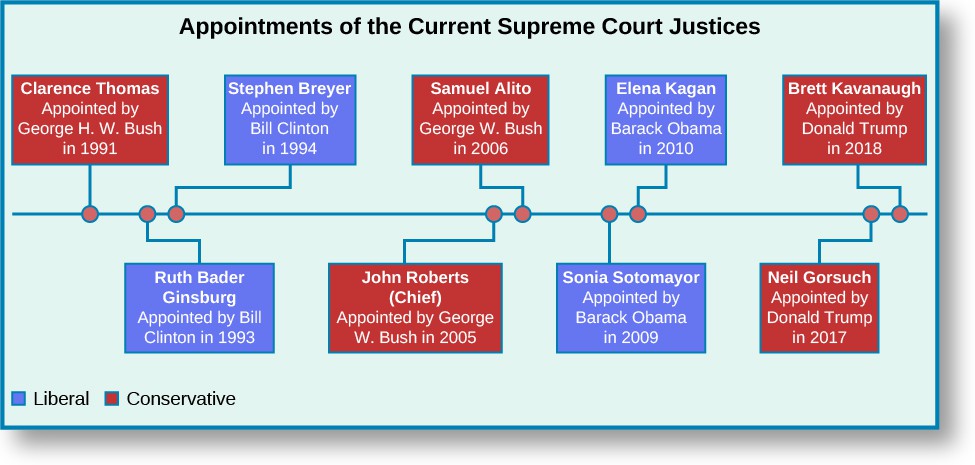
The Supreme Court has directed the President of India to take a decision within three months on any bill passed by a state legislature and sent for assent by the Governor. This decision comes after the apex court noted that there is no set time limit in Article 201 of the Constitution for the President to act on reserved bills. The court also stated that a delay by a constitutional authority can be subject to judicial scrutiny, citing recommendations from the Sarkaria and Punchhi Commissions.
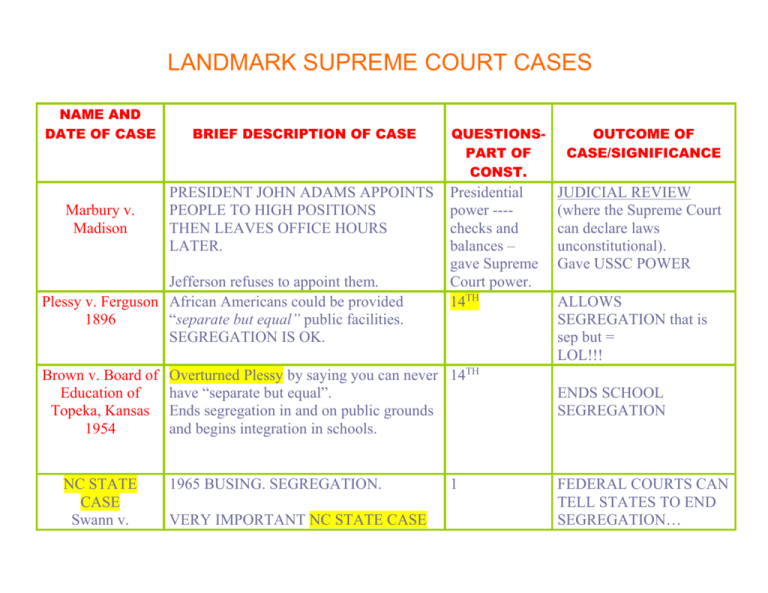
In a landmark ruling, the Supreme Court has set a three-month deadline for the President to make a decision on any Bills reserved for consideration by Governors. This decision was made in response to the recent case where Tamil Nadu Governor R N Ravi reserved 10 Bills for Presidential consideration after they had already been reconsidered by the state Assembly. The bench highlighted the absence of a time-limit in Article 201 and emphasized the importance of respecting the role of the President in the legislative process. This ruling will have significant implications for Centre-State relations and ensure timely action on Bills passed by state legislatures.
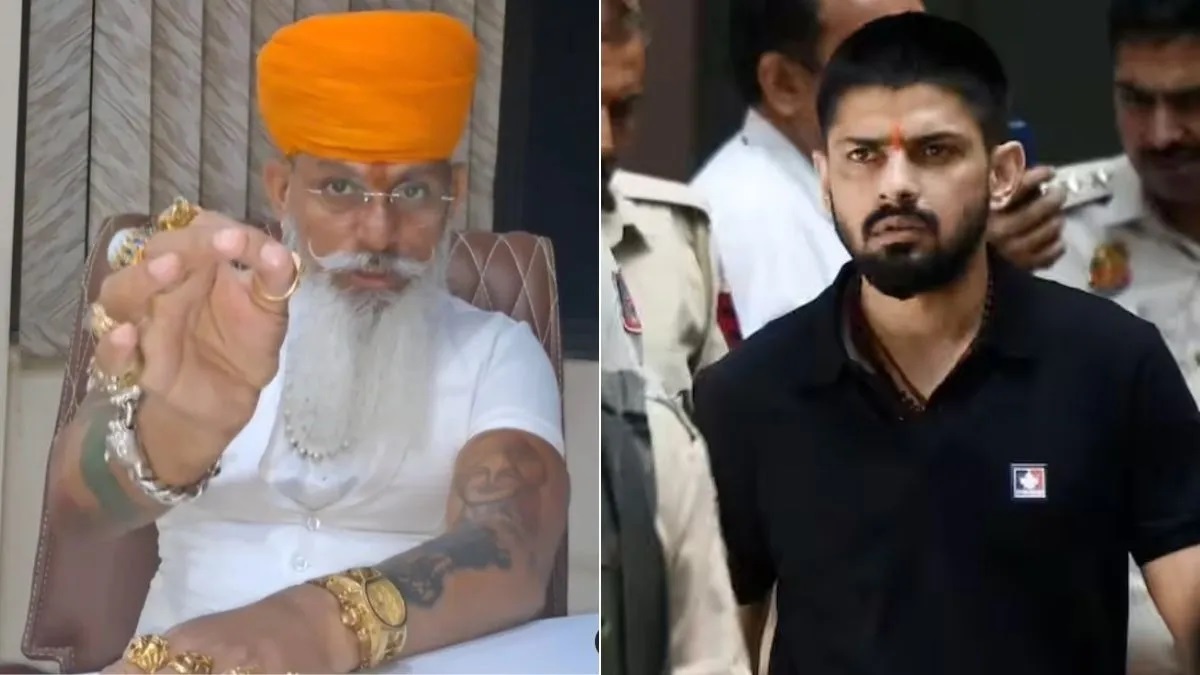
A leader of Karni Sena, a Rajput caste-based organization, has been booked for offering a bounty of Rs 25 lakh to anyone who kills Samajwadi Party MP Ramji Lal Suman. The accused, Mohan Chauhan, made the announcement following Suman's controversial remark on a 16th-century Rajput king. The incident came to light after a complaint was filed by the SP Mahila Sabha chief at a police station in Aligarh. The police transferred the case to another station and have started an investigation. Stay updated with NDTV for the latest news from India and across the globe.
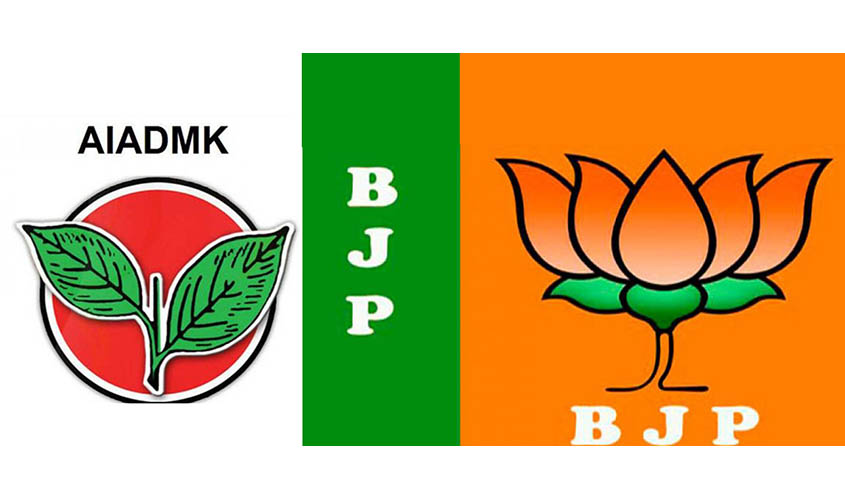
In a major political development, Bharatiya Janata Party (BJP) chief Amit Shah has announced that his party will ally with the All India Anna Dravida Munnetra Kazhagam (AIADMK) for the upcoming 2026 Tamil Nadu Assembly elections. The alliance, led by AIADMK general secretary Edappadi K Palaniswami, aims to overthrow the ruling DMK government in the state. Shah also confirmed that ousted AIADMK leaders O Panneerselvam and AMMK leader TTV Dhinakaran will not be included in the alliance, asserting that the BJP will not interfere in AIADMK's internal affairs. This announcement comes as a major shift in Tamil Nadu's political landscape and could have significant implications for the state's future.